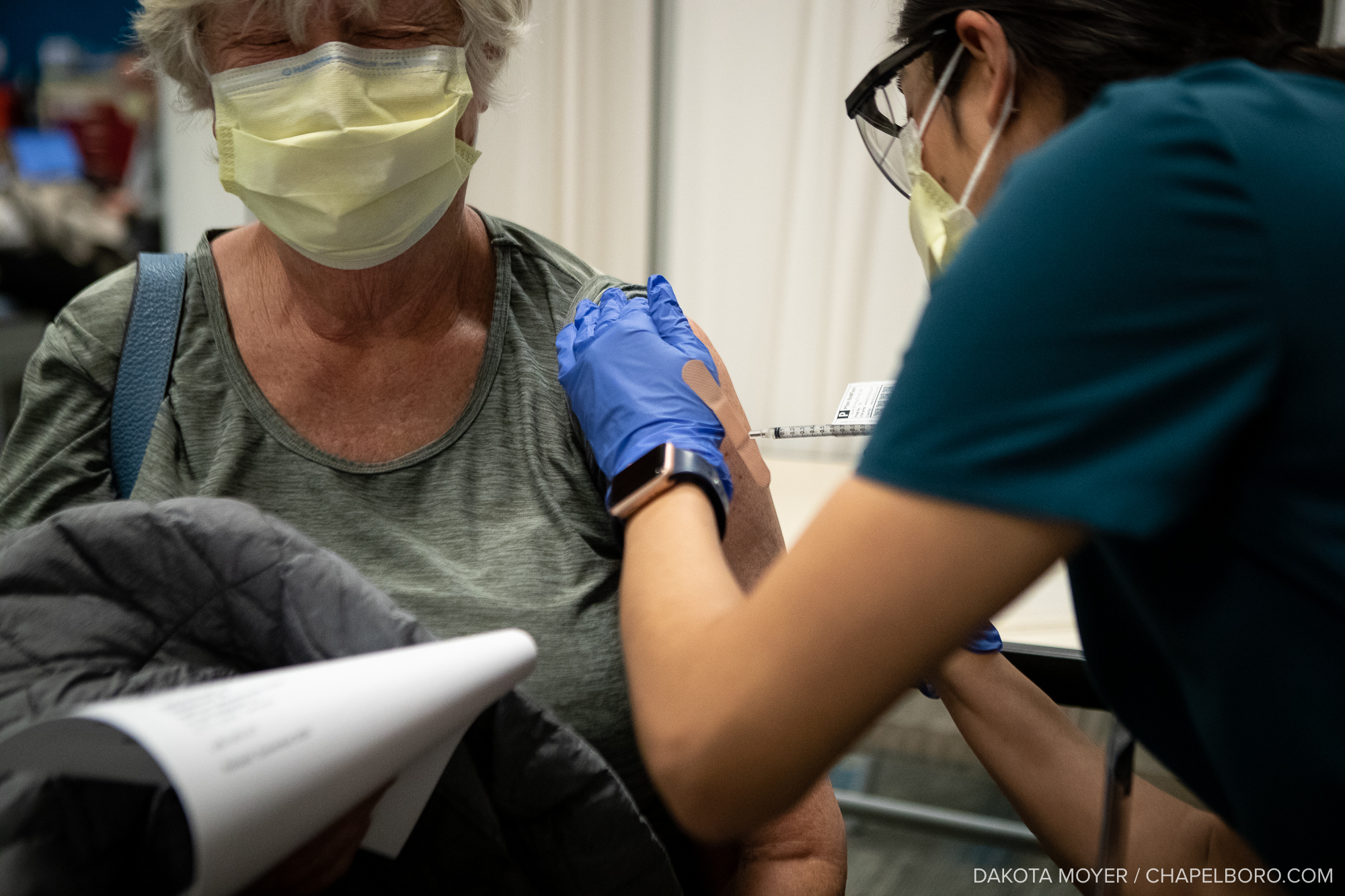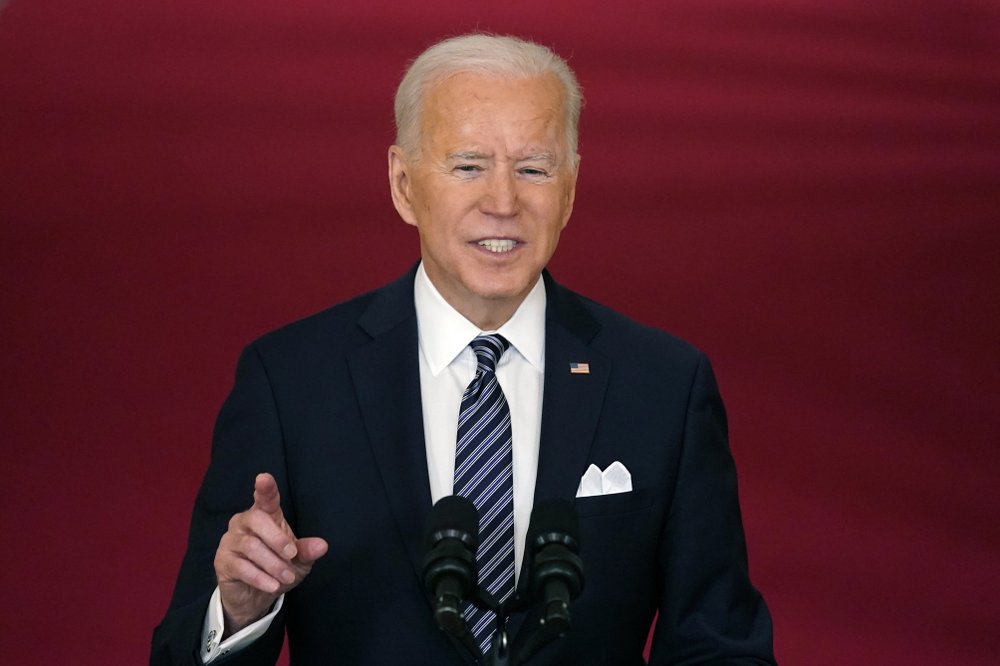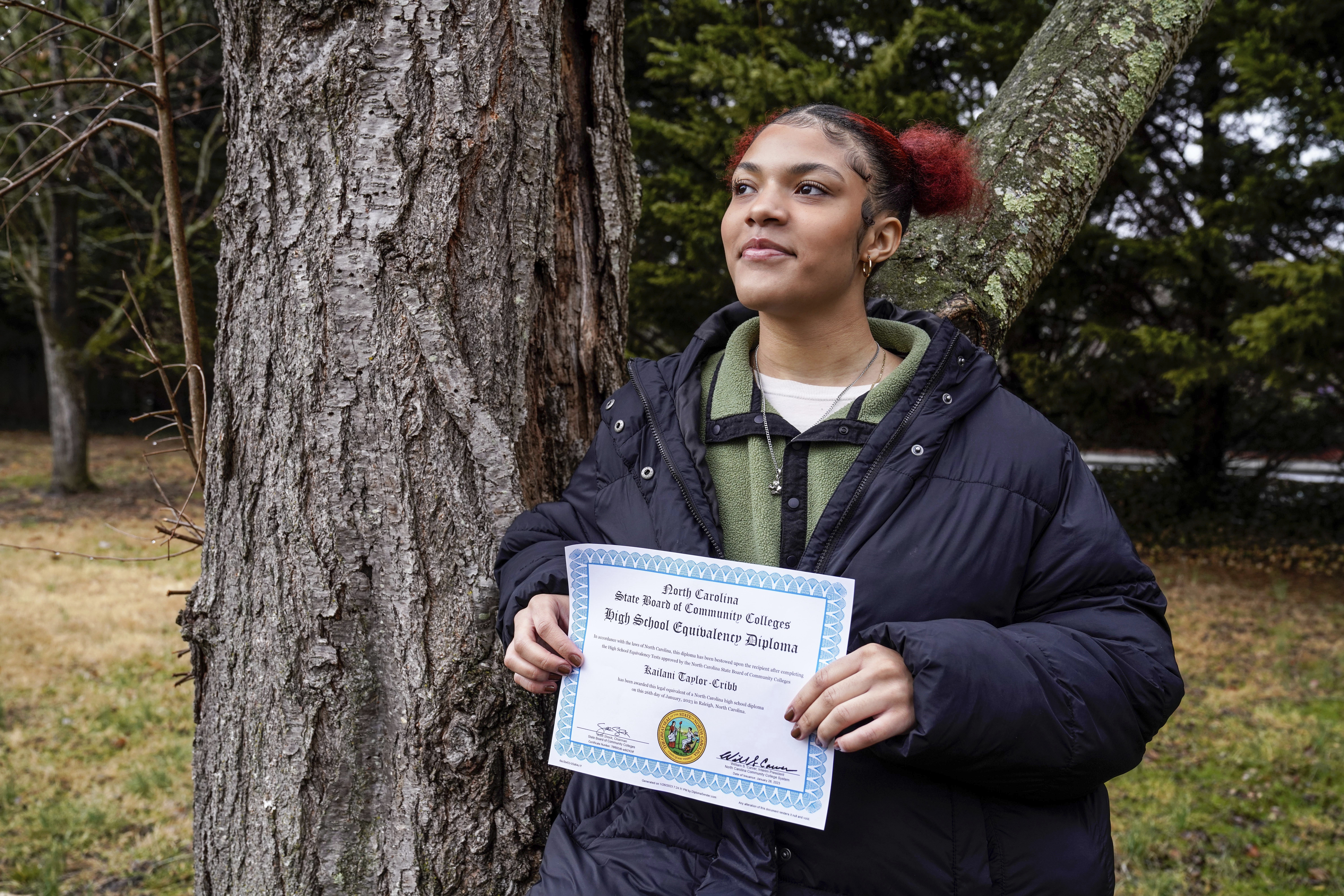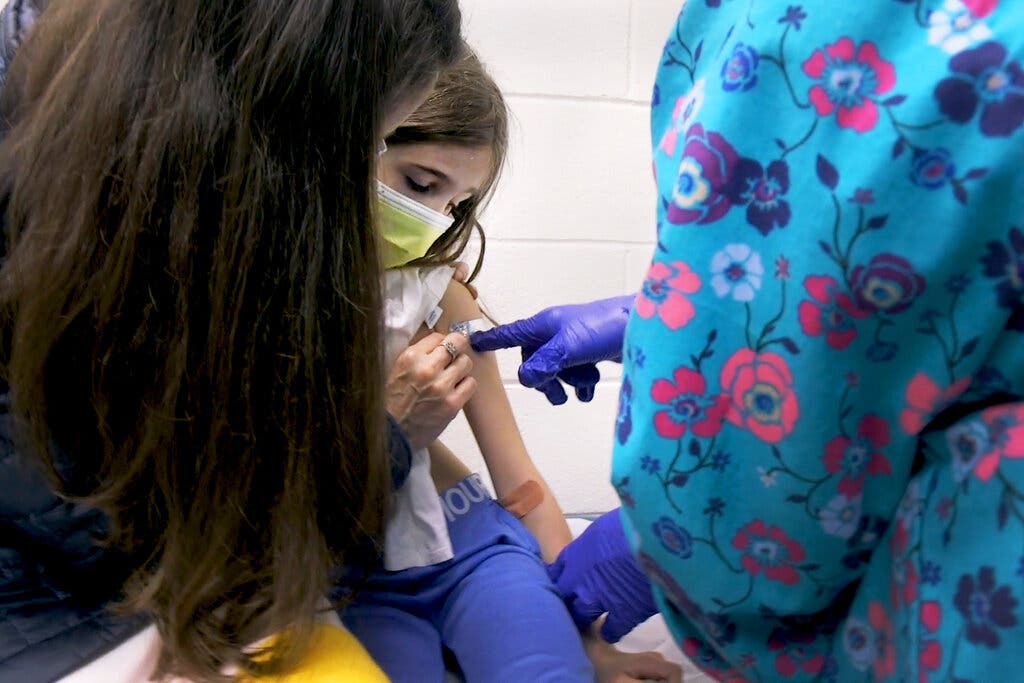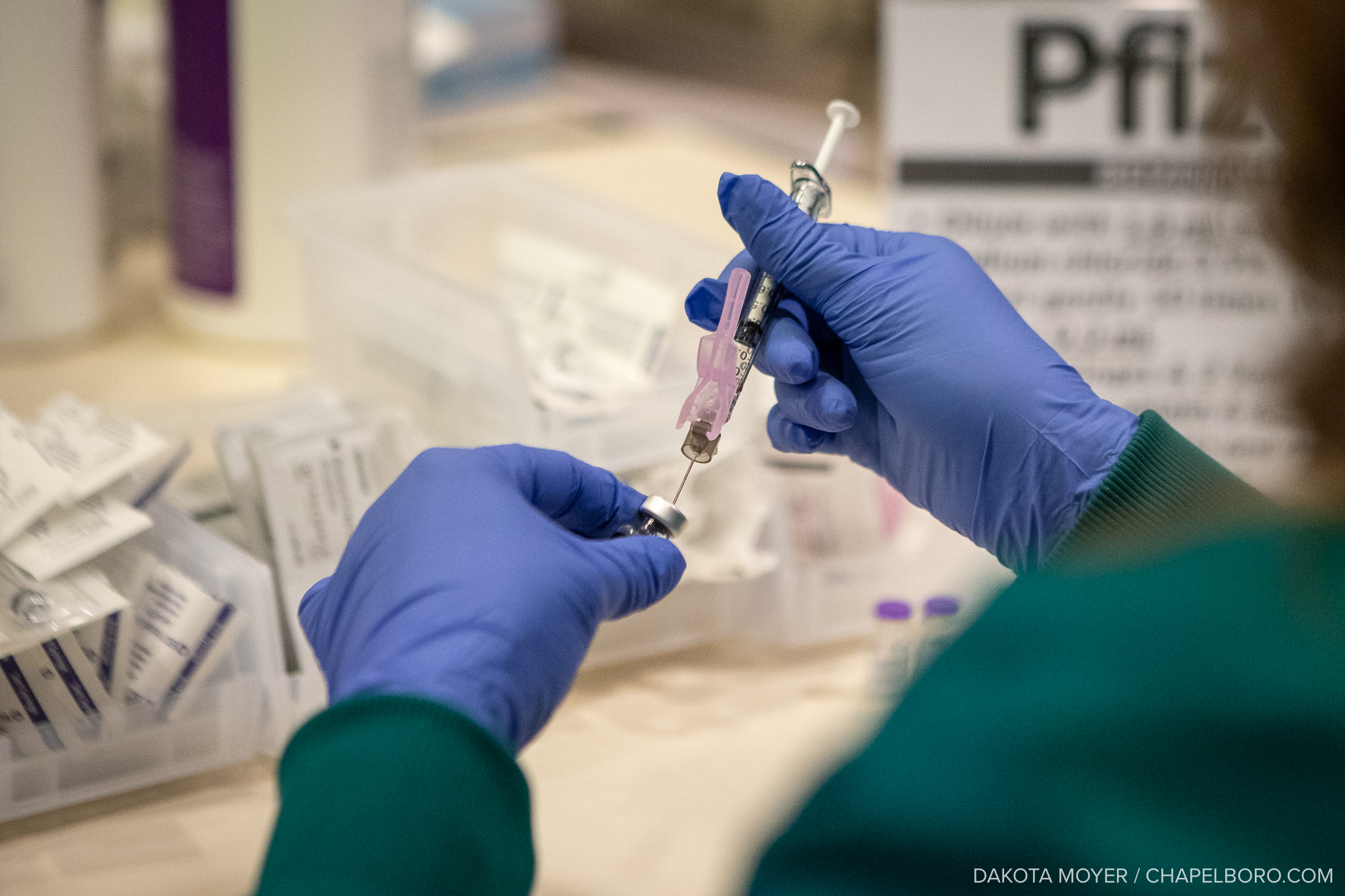A woman who identified herself Rachel from San Ysidro, California, called in the syndicated “The Art Laboe Connection Show” last month with a message for Alex “the Wizard.”
“Babe, I want you to know I love you more than the distance between us,” Rachel told her husband, who is serving time in a state prison in Delano, California. “We got mail from you this week.” She then asks DJ Art Laboe to play “God Blessed Our Love” by Al Green. He obliged.
In Boston, DJ José Massó of 90.9 WBUR-FM,’s “Con Salsa!” got a similar letter from a Massachusetts inmate. The writer wanted a Celia Cruz song and asked Massó to tell his family to stay inside. He also obliged.
Some Latino families separated by distance or with loved ones serving time in prisons are bypassing COVID-19 restrictions on visits by sending dedications and messages through the airwaves and Internet via two of the nation’s longest working disc jockeys.
With the novel coronavirus forcing these families in the American Southwest and New England residents to stay home, some are turning to the two popular radio shows to reaffirm public declarations of love — or pain — even while the shows’ vulnerable, elder DJs have to sequester, too. They also allow listeners to ease their anxieties around national unrest following the death of George Floyd in Minneapolis by police.
The DJs say they welcome the challenge and will do what they can to bring joy amid uncertainty.
The two shows have long been popular with Latinos and those with family members in prison. But now those in lockdown are sending messages to others in lockdown. “We’re all in confinement today,” Massó, 69, said.
The 94-old-year Laboe is insulated in his Palm Springs, California, home while still hosting his syndicated oldies show, according to Dale Berger, Laboe’s business partner. Still, he insists that the show continue, even though he has to call in from home or record promos.
“We don’t want him out and anywhere near the studio,” Berger said. “He can’t catch this thing.”
Born Arthur Egnoian in Salt Lake City to an Armenian American family, Laboe gained fame when he worked as a DJ for KXLA in Los Angeles. He was one of the first DJs to play R&B and rock ‘n’ roll in California and is credited by scholars for helping integrate dance halls among Latinos, blacks, Asian Americans and whites who were drawn to his multicultural musical line up.
Over the decades, Laboe maintained a fan base, especially among Mexican Americans who followed him from station to station. He started getting calls from inmates’ family members in the 1990s on his syndicated oldies show. Current and former gang members were some of his most loyal fans.
“I don’t judge,” Laboe said in an interview with The Associated Press at his Palm Springs studio last year. “I like people.”
Today, his Sunday show airs in California, Arizona, and Nevada. It’s also popular in New Mexico where audiences listen online.
Massó began “Con Salsa!” 40 years ago on Boston University’s public radio station while he was a high school teacher in the city. In addition to playing salsa and Afro-Latino artists, Masso has used the show as a community forum and a vehicle for families to communicate with inmates.
The show runs from 10 p.m. EDT Saturday until 3 a.m. Sunday, and can be heard in most of Massachusetts, southern New Hampshire and parts of Connecticut. Like Laboe’s show, it also is streamed live online.
Bit Massó also has been barred as a nonessential employee from the studio’s Boston University’s public radio station, which has opted to play old “Con Salsa!” shows.
And Massó still is receiving letters from inmates and family of inmates.
Last month, Massó decided he would try to record new shows from his home. While he worked to get the quality squared, he began live-streaming a version of his show on Facebook.
Some battling depression from isolation messaged. They thanked him for bringing delight by allowing Puerto Rican salsero Hector Lavoe to sing about “Mi Gente” (My People),.
A woman had another her request. She had turn 75 and was alone. Could Massó play the following songs?
He obliged.
“This woman had expected to celebrate alone,” Massó said. “But there on Facebook, strangers across the globe were dancing with her.”

